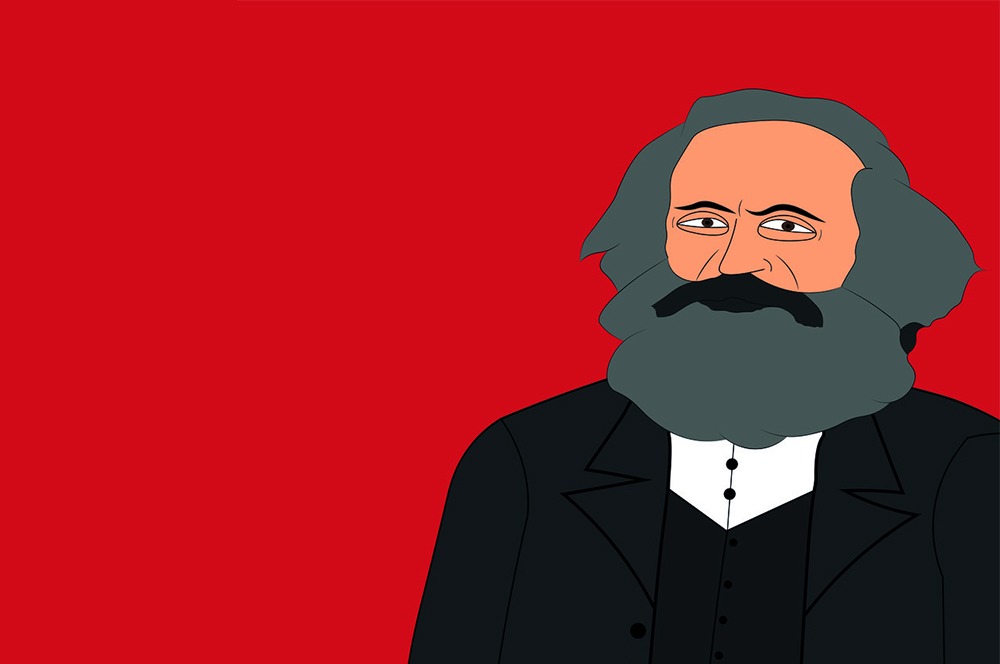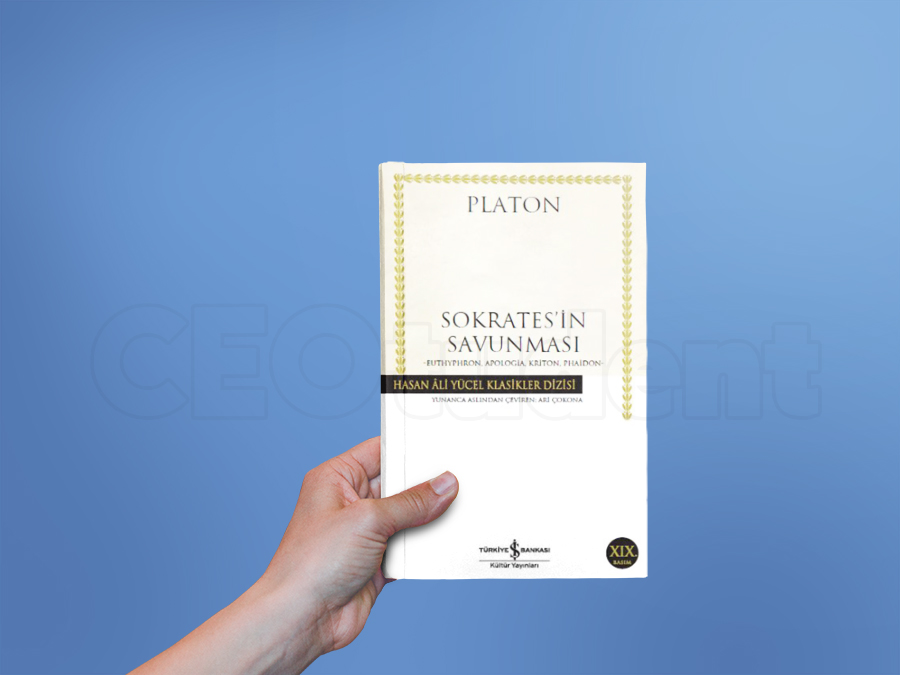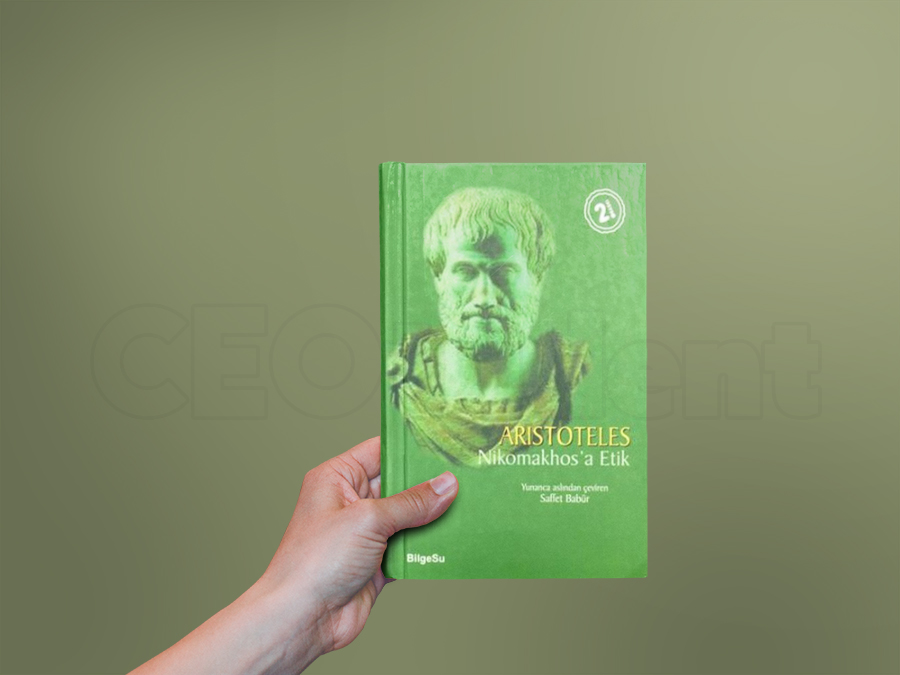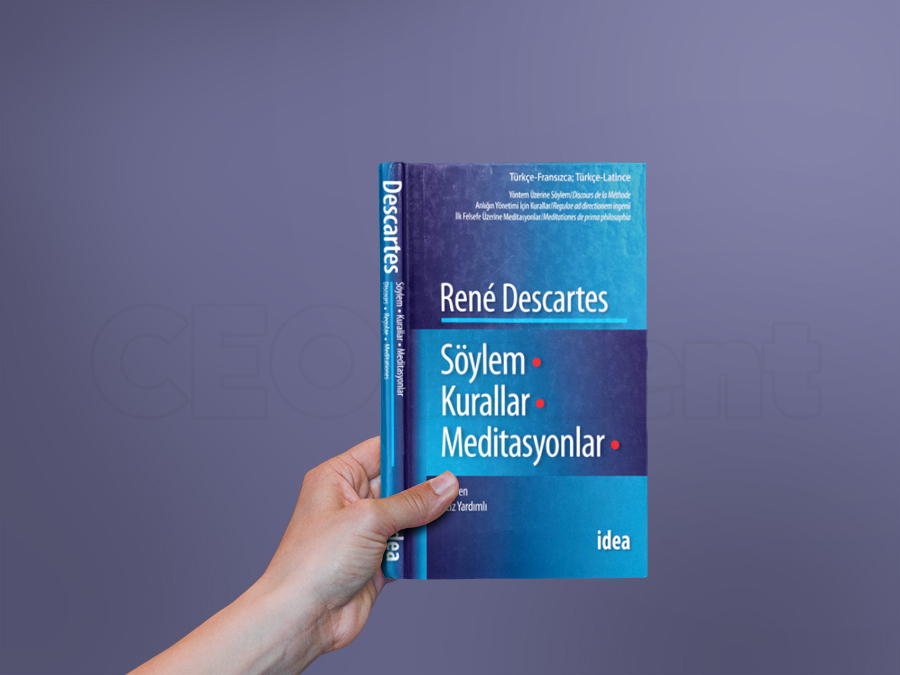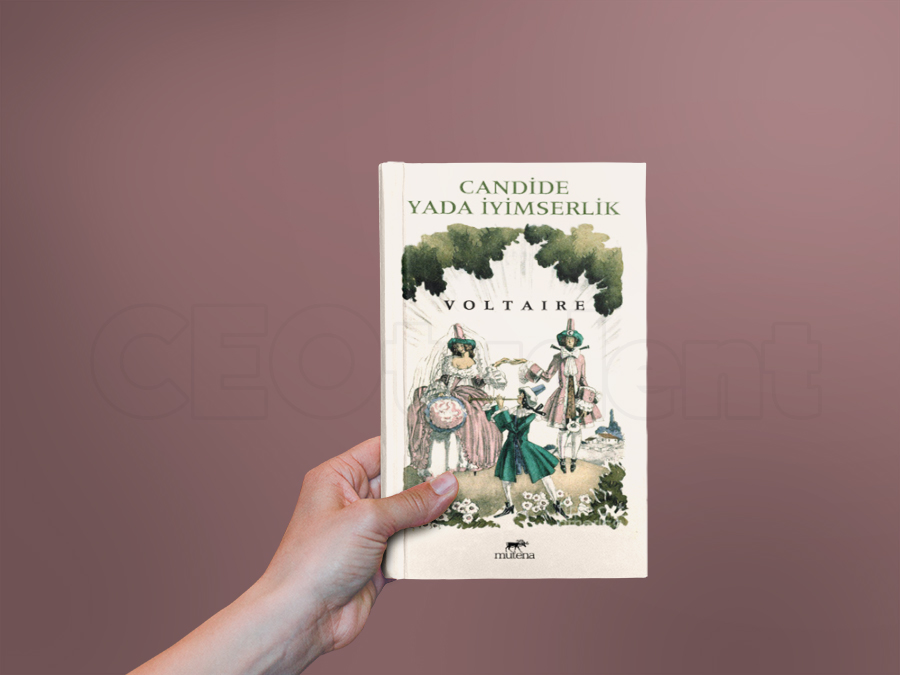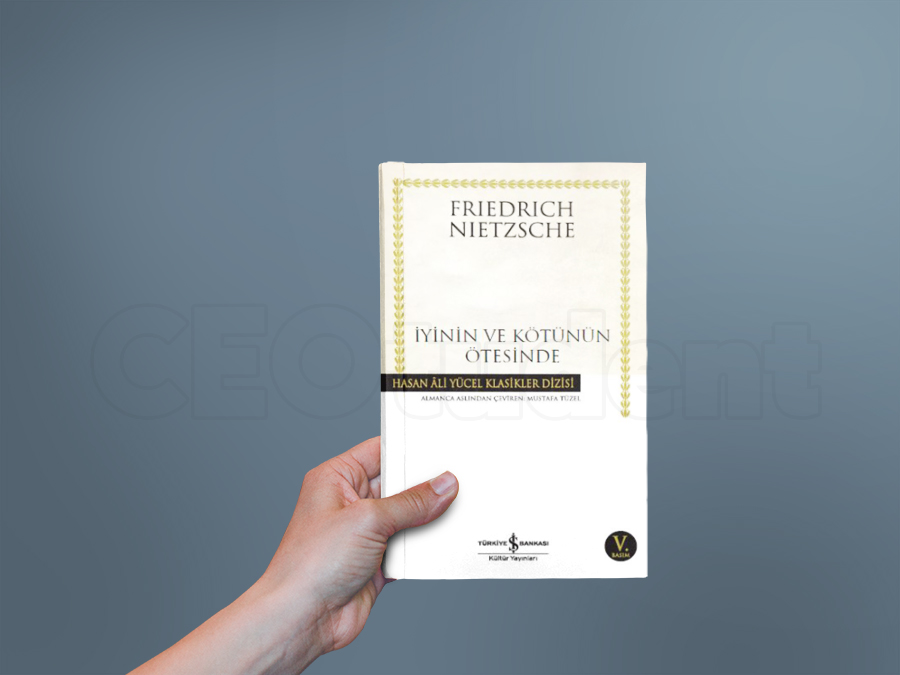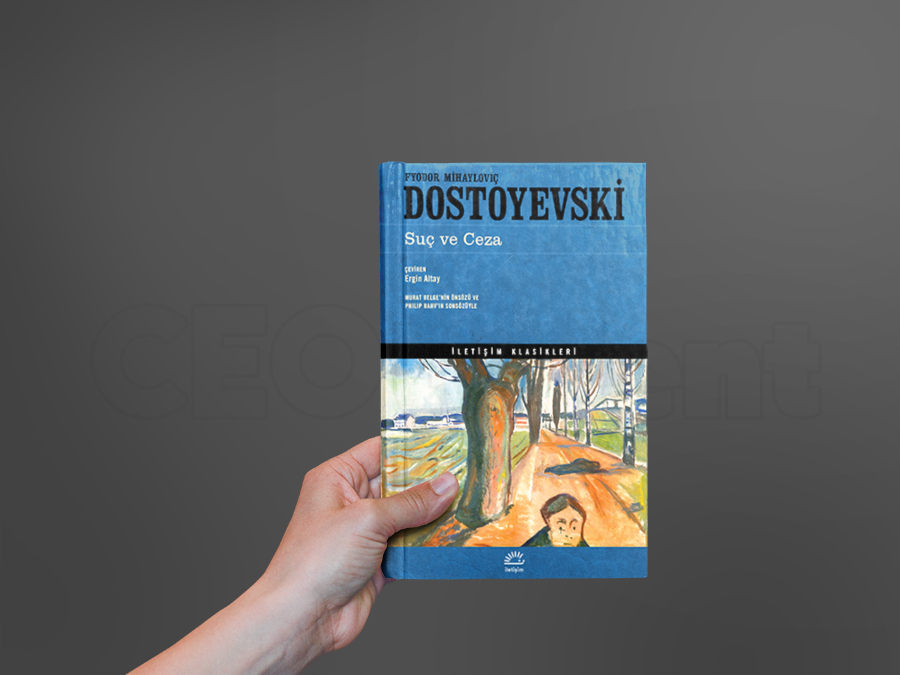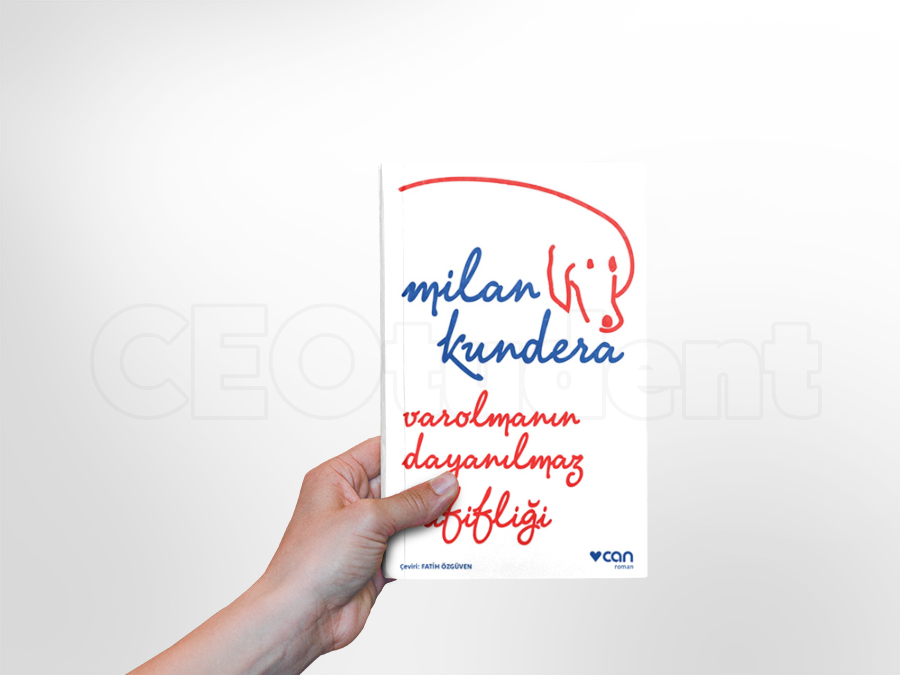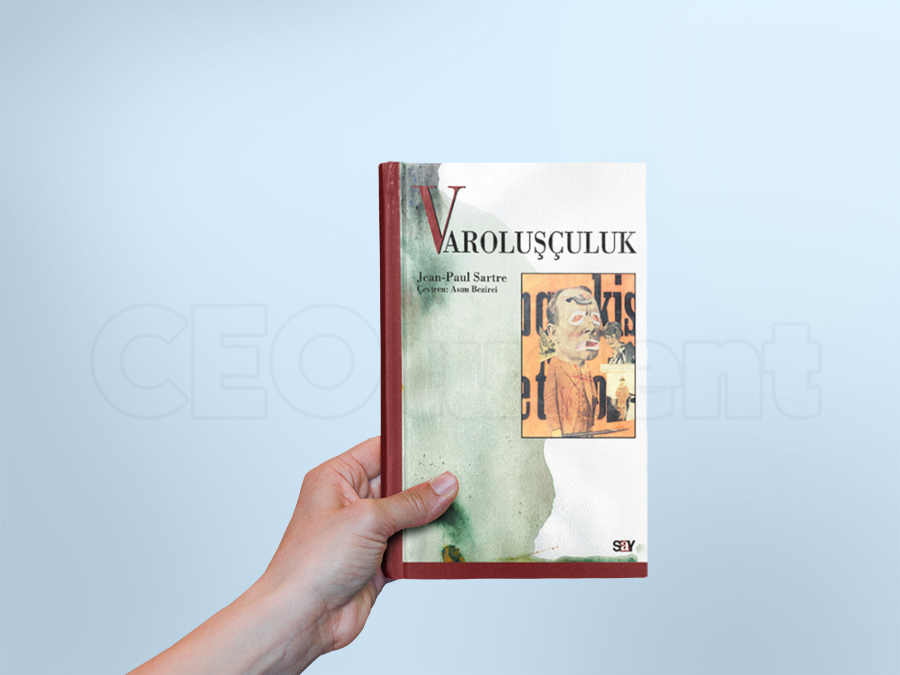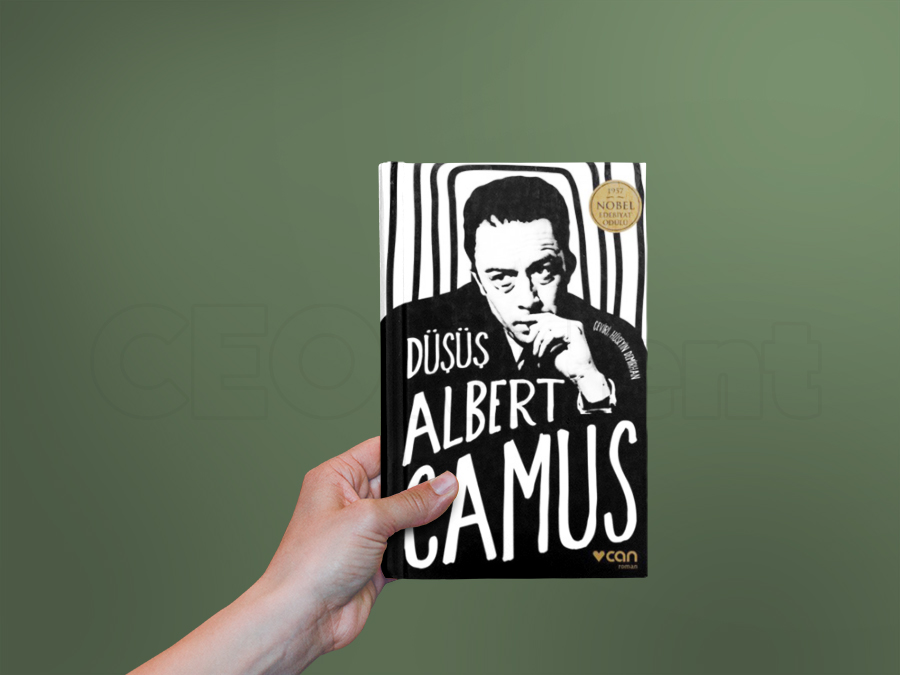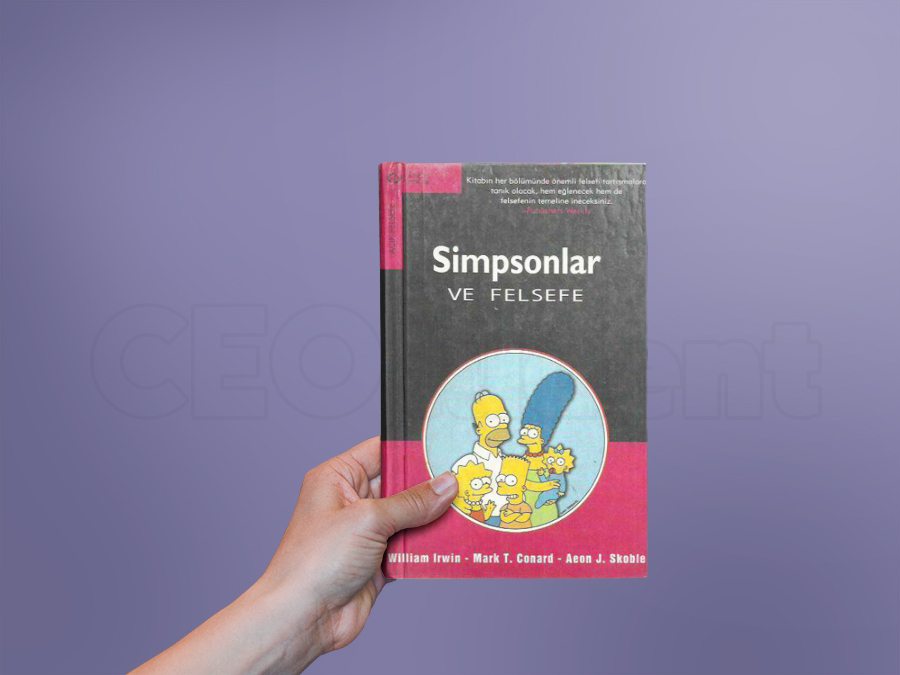The reason why easy-to-read philosophy books attract so much attention is usually the question of which book to start philosophy with. Some books are more complex than others, some philosophers more obscure than others. And while everyone deserves to be read, some are more understandable and accessible. We have compiled ten must-read philosophy books for you. These are also among the philosophy books to be read. that time
1) The Apology of Socrates – Plato
In this short and accessible dialogue of
Plato , it can be said that after the death of Socrates, there is a question about the figure of the philosopher, and through him. This
book is still one of the most read works of philosophy.
The Apology of Socrates is a dialogue written by Plato in which Socrates, a Greek philosopher, is on trial for his life. In the dialogue, Socrates defends himself against accusations of corrupting the youth and not believing in the gods. He argues that he is not guilty and that he has always been a good citizen. The Apology is considered one of Plato’s most famous works and is a crucial text for understanding the philosophy of Socrates.
2) The Ethics of Aristotle (Nicomachean Ethics) – Aristotle
We continue our short list of philosophy books with Aristotle. In this article, Aristotle defines his moral thoughts on the good life and says, “What should we do?” answers the question. It states that the good is the supreme goal of life, and the good is the goal of politics. The Ethics of Aristotle, also known as the Nicomachean Ethics, is a philosophical treatise written by Aristotle. In it, Aristotle discusses the nature of happiness and how to achieve it. He argues that happiness is the ultimate goal of human life and that it can be attained through virtue and wisdom. The Ethics is considered one of Aristotle’s most important works and has had a profound influence on Western philosophy.
3) Meditations, Objections, and Replies – René Descartes
Adding a different dimension to philosophy, Descartes reveals his famous thoughts in this book. Meditations, Objections, and Replies is a philosophical treatise written by René Descartes. In it, Descartes attempts to prove the existence of God and the immortality of the soul. He does so by using a method of philosophical skepticism, in which he questions the reliability of his own beliefs and experiences. The book is considered one of Descartes’ most important works and has had a significant impact on the development of modern philosophy.
4) Candide, or The Optimist – Voltaire
Voltaire revolutionizes the idea of happiness in this short fable: instead of seeking it in the hereafter, happiness must be sought here and now. This is the ultimate meaning of the famous “You have to grow your garden.” Candide, or The Optimist is a philosophical novel written by Voltaire. The book follows the adventures of the titular character, Candide, as he travels the world and encounters various disasters and disasters. Throughout his journey, Candide remains optimistic, believing that everything happens for the best. The novel is a satire of the optimism that was popular during the Enlightenment and is a classic work of French literature.
5) Beyond Good and Evil – Nietzsche
In this book, much more accessible than, say,
Zoroastrian at the time, Nietzsche attacks people (grand instinct, nationalism, European civilization, Christian morality, …) and everything he believes in. It prevents one from being free, in other words, from being himself.Beyond Good and Evil is a philosophical treatise written by Friedrich Nietzsche. In it, Nietzsche challenges the traditional moral values of Western philosophy and argues that they are based on a false conception of human nature. He also discusses the concept of the “will to power” and the idea of the “Übermensch,” or “superman.” The book is considered one of Nietzsche’s most important works and has had a profound influence on philosophical thought.
6) Crime and Punishment – Dostoevsky
Crime and Punishment, undisputed 19. It is one of the most important novels of the century. It is a true philosophical novel with the themes of guilt, freedom, nihilism and human nature added to the depth of the characters.
Dostoevsky also supports a number of psychoanalytic concepts that would inspire Freud’s theory. Easy-to-read philosophy books are a must on our list. Crime and Punishment is a novel written by Fyodor Dostoevsky. The book tells the story of Raskolnikov, a poor and desperate young man who commits murder in order to test his theory that certain people are exempt from morality. The novel explores the psychological and moral consequences of Raskolnikov’s actions and is a classic work of Russian literature.
7) The Unbearable Lightness of Being – Milan Kundera
This novel by Kundera brings together the four main characters in their take on history, the difficulty of choosing, and their freedom. Kundera tries to show how wrong the concept of destiny is, and as a result, human existence is precarious. The Unbearable Lightness of Being is a novel written by Milan Kundera. The book explores the lives of several characters living in Czechoslovakia during the Communist era and how they cope with the weight of history and the lightness of individual existence. The novel is considered a modern classic and has been widely praised for its philosophical insights and lyrical prose.
8) Existentialism Is a Humanism – Jean-Paul Sartre
The oral lecture text is an excellent book on existentialism. Jean-Paul Sartre examines the concepts of conscience, relationship with others, responsibility, and bad faith. Existentialism Is a Humanism is a philosophical treatise written by Jean-Paul Sartre. In it, Sartre discusses the concept of existentialism and its implications for human freedom and responsibility. He argues that humans are fundamentally free and that they must take responsibility for their own actions and choices. The book is considered one of Sartre’s most important works and has had a significant impact on the development of existentialist philosophy.
9) The Fall – Albert Camus
In this beautiful novel, Camus discusses inaction and its consequences. One must not only always act according to Camus, but above all must be its first judge, to permanently show his responsibility before the world. The Fall is a philosophical novel written by Albert Camus. The book tells the story of a lawyer named Jean-Baptiste Clamence who, after a crisis of conscience, becomes a judge-penitent and spends his days in a bar in Amsterdam, confessing his sins to anyone who will listen. The novel is a meditation on the nature of morality and human weakness and is considered a classic work of French literature.
10) The Simpsons and Philosophy: The D’oh! of Homer – William Irwin
Filled with cultural references, the Matt Groening-created series has been the subject of countless analyses. This book by Irwin highlights all the themes developed by the Simpsons family: the place of the family (paternal theme, sibling relationship, etc.), happiness (and the weight of everyday life), religion, capitalism, geopolitics, or intellectualism.The Simpsons and Philosophy: The D’oh! of Homer is a book that examines the philosophical themes and ideas that are present in the popular television show The Simpsons. The book looks at characters and situations from the show and uses them to explore philosophical concepts such as morality, free will, and the meaning of
11) Being and Nothingness by Jean-Paul Sartre
Being and Nothingness by Jean-Paul Sartre is a philosophical treatise that explores the concept of existence and human consciousness. Sartre’s work is heavily influenced by existentialism and deals with themes such as freedom, choice, and the nature of reality.
12) The Republic by Plato
The Republic by Plato is a philosophical dialogue that explores the nature of justice and the ideal society. In the dialogue, Plato presents the concept of the “ideal city” and discusses the roles of the philosopher, the soldier, and the working class in achieving a just society.
13) The Prince by Niccolò Machiavelli
The Prince by Niccolò Machiavelli is a political treatise that explores the concept of power and how rulers can maintain and increase their power. The book is famous for its pragmatic and often cynical advice to rulers, including the idea that it is better to be feared than loved.
14) The Social Contract by Jean-Jacques Rousseau
The Social Contract by Jean-Jacques Rousseau is a political treatise that explores the concept of the state and the relationship between the individual and society. Rousseau argues that in order to maintain a just society, individuals must give up some of their freedom to a central authority.
15) Discourse on Method by René Descartes
Discourse on Method by René Descartes is a philosophical treatise that explores the nature of knowledge and reality. Descartes is famous for his method of philosophical inquiry, which involves doubting all of one’s beliefs in order to arrive at a set of fundamental truths.
16) A Treatise of Human Nature by David Hume
A Treatise of Human Nature by David Hume is a philosophical treatise that explores the nature of the human mind and its relationship to the external world. Hume’s work is heavily influenced by empiricism and explores topics such as perception, causality, and morality.
17) The Phenomenology of Spirit by Georg Wilhelm Friedrich Hegel
The Phenomenology of Spirit by Georg Wilhelm Friedrich Hegel is a philosophical treatise that explores the concept of consciousness and its relation to the external world. Hegel’s work is heavily influenced by German idealism and explores themes such as the role of history in shaping human consciousness.
18) The World as Will and Representation by Arthur Schopenhauer
The World as Will and Representation by Arthur Schopenhauer is a philosophical treatise that explores the concept of the will and its relationship to the external world. Schopenhauer’s work is heavily influenced by Eastern philosophy and explores themes such as the nature of suffering and the concept of the eternal.
19) The Critique of Pure Reason by Immanuel Kant
The Critique of Pure Reason by Immanuel Kant is a philosophical treatise that explores the nature of knowledge and reality. Kant’s work is heavily influenced by German idealism and explores topics such as the nature of space and time, the limits of knowledge, and the relationship between the mind and the external world.
20) The Will to Power by Friedrich Nietzsche
The Will to Power by Friedrich Nietzsche is a philosophical treatise that explores the concept of the will and its role in human life. Nietzsche’s work is heavily influenced by German idealism and explores themes such as the nature of morality and the concept of the eternal.
We have come to the end of our list of easy-to-read philosophy books. I hope you like.
